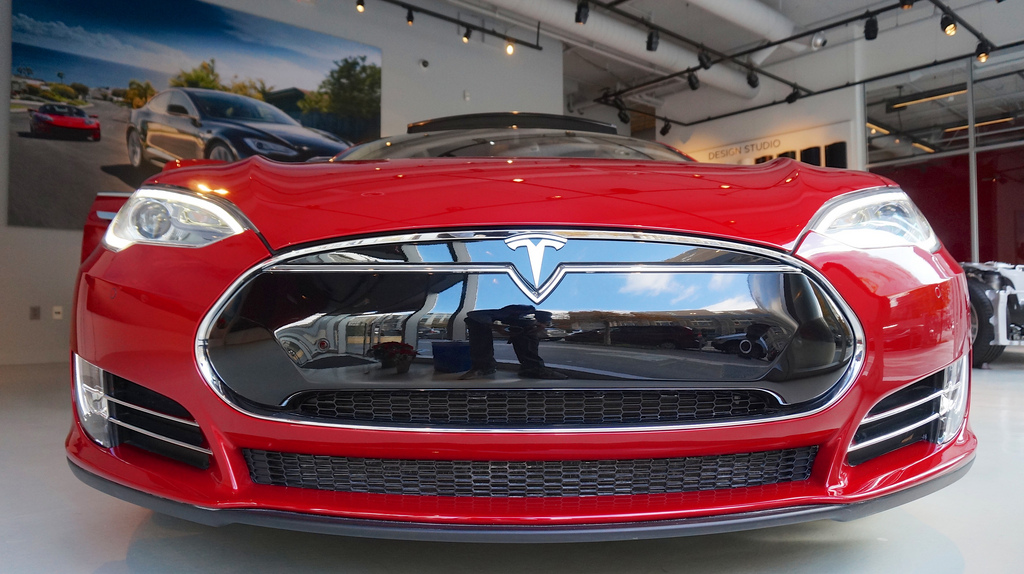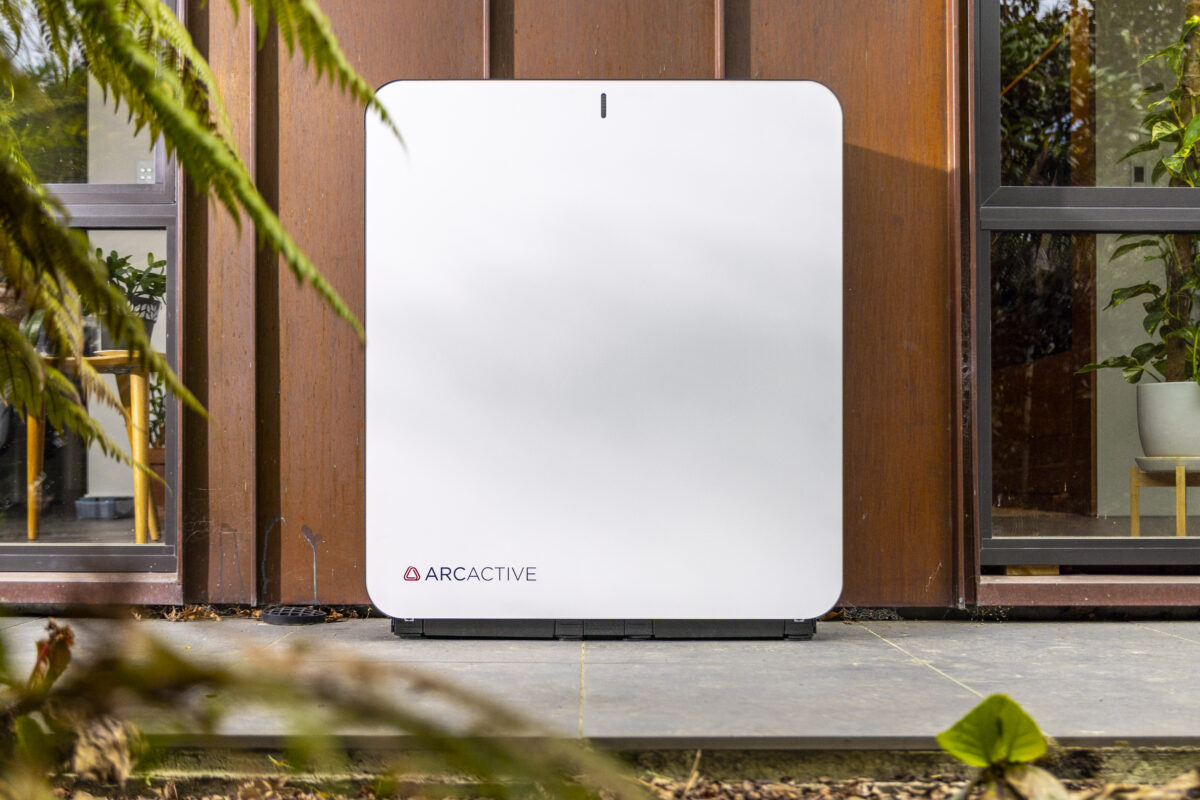Last week, in an interview and OpEd in the Sydney Morning Herald, federal Energy Minister Josh Frydenberg made a modest forecast on electric cars in Australia. Describing electric vehicles as, “another area of exciting technological disruption with real economic and environmental benefits,” Frydenberg made no significant policy announcement nor floated subsidies or new measures to encourage e-mobility.
His office has forecast an increase of electric cars in Australia to grow from 0.1% of the national fleet today, to a meagre 4% by 2030.
Despite what appears to be nothing more than stating the blindingly obvious to anyone familiar with the economics of electric vehicles and battery production, it has still drawn the rancour of climate and renewable energy reactionaries within Coalition ranks.
Today, the Australian published a report in which Liberal MP Craig Kelly said he would raise the issue of potential government initiatives in support of electric vehicles in a partyroom meeting in February. Kelly, the chair of the Coalition’s environment and energy committee, appeared to indicate that electric cars had no environmental benefits over petrol or diesel ones. This is based on the assumption that they would be powered by coal or gas-fired electricity.
The argument proposed by Kelly and supporters appears to assume that Australia’s electricity generation mix is not currently undergoing a transition to renewables. This is the same group that suggest the stability of the Australian energy network is being undermined by the retiring of aging coal fired generators and the growth of ‘unreliable’ renewable energy.
The position advanced by Kelly, who former Liberal Party media advisor and writer Paula Matthewson describes as “Abbott’s go-to sock puppet on energy issues”, also ignores the potentially important role electric-vehicles will play in the electric grid of the future, and in terms of the broader energy transition.
At last week’s congress of the International Renewable Energy Agency (IRENA) in Abu Dhabi, at which Australia was a participant, a new forum of e-mobility was included in proceedings. During discussions at the congress, electric vehicles were highlighted as being one of the keys to decarbonizing national economies and enabling a transition to renewable energy.
In his statement last week, Frydenberg did not point to this role nor any current meagre tax exemptions that electric vehicles benefit from In Australia. Nor did he announce any new policy measures, proposed or otherwise, that could accelerate their uptake.
The Labor opposition energy spokesman Mark Butler is advocating for Australia to adopt light vehicle emissions standards. He has long argued that the country is one of the few developed economies lacking such standards – which would incentivize electric vehicle uptake. He has accused the government as lacking any policy to encourage consumers to purchase electric vehicles.
This content is protected by copyright and may not be reused. If you want to cooperate with us and would like to reuse some of our content, please contact: editors@pv-magazine.com.









By submitting this form you agree to pv magazine using your data for the purposes of publishing your comment.
Your personal data will only be disclosed or otherwise transmitted to third parties for the purposes of spam filtering or if this is necessary for technical maintenance of the website. Any other transfer to third parties will not take place unless this is justified on the basis of applicable data protection regulations or if pv magazine is legally obliged to do so.
You may revoke this consent at any time with effect for the future, in which case your personal data will be deleted immediately. Otherwise, your data will be deleted if pv magazine has processed your request or the purpose of data storage is fulfilled.
Further information on data privacy can be found in our Data Protection Policy.